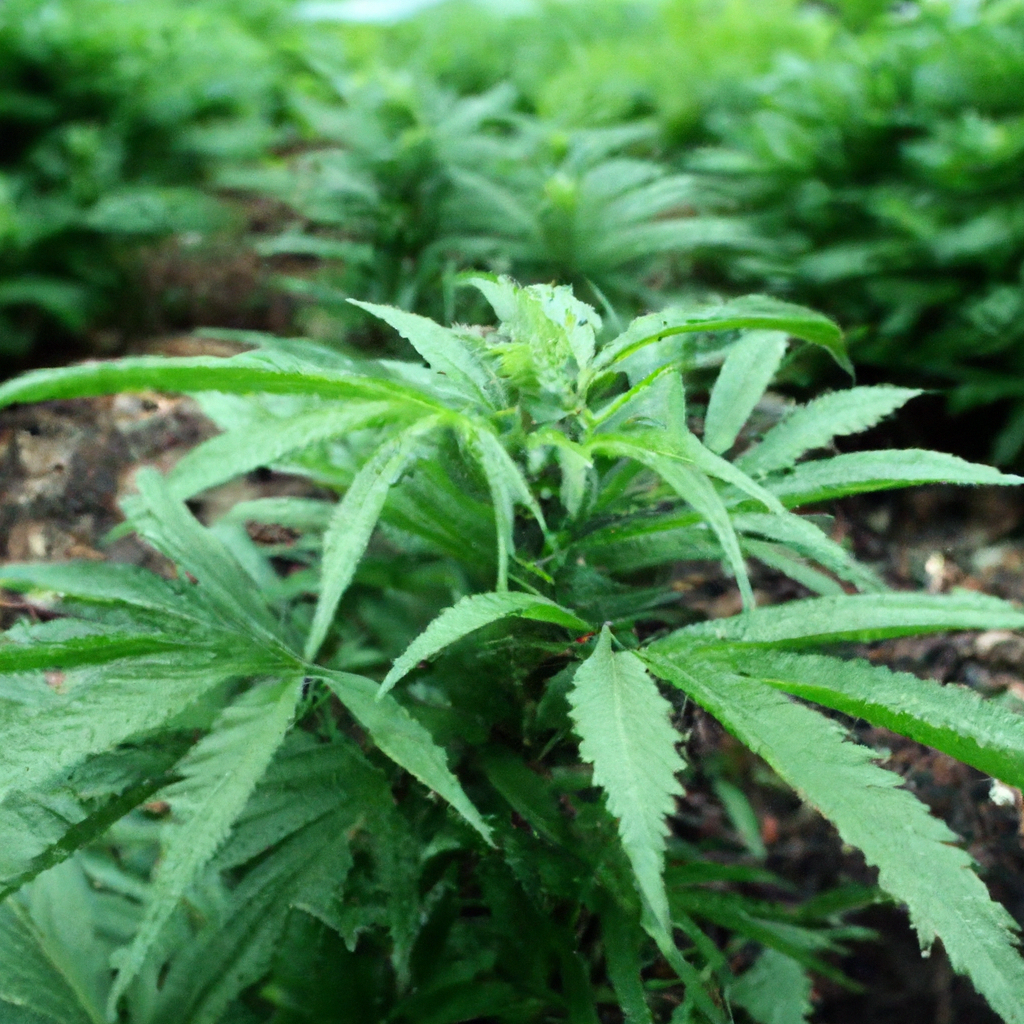Your cart is currently empty!
Organic cannabis cultivation is more than just a trend; it’s a holistic approach to growing that reflects a deep respect for both the environment and consumer health. By embracing organic methods, growers can produce cleaner, more potent cannabis while minimizing their ecological footprint. Discover the best practices for cultivating organic cannabis, focusing on the essentials of natural fertilizers, healthy soil ecosystems, and eco-friendly pest control.
Building a Robust Soil Ecosystem
The foundation of successful organic cannabis cultivation lies in the soil. Healthy, living soil rich in organic matter not only provides essential nutrients but also supports beneficial microbes that enhance plant growth and resilience. Here are some tips to fortify your soil ecosystem:
- Add Compost: Regularly incorporate homemade or high-quality commercial compost into your soil to boost its organic matter content and maintain moisture levels.
- Use Cover Crops: Plant cover crops like clover or alfalfa during off-seasons to naturally replenish nutrients and improve soil structure.
- Embrace No-Till Farming: Minimize soil disturbance to preserve beneficial microorganisms and improve soil health over time.
Natural Fertilizers: Nourishing with Nature
Organic fertilizers are crucial for nurturing cannabis plants without relying on synthetic chemicals. These natural alternatives not only enhance growth but also improve the quality of the final product:
- Worm Castings: This nutrient-rich “black gold” is excellent for boosting soil fertility and encouraging vigorous root development.
- Bone Meal: A great source of phosphorus, bone meal supports flowering and fruiting phases.
- Fish Emulsion: Packed with nitrogen, fish emulsion promotes lush, green foliage.
Eco-Friendly Pest Control Methods
Maintaining a healthy cannabis crop involves managing pests without resorting to harmful chemicals. Here are some sustainable pest control strategies:
- Beneficial Insects: Introduce ladybugs or predatory mites to naturally combat aphids, spider mites, and other common pests.
- Neem Oil: This organic oil acts as a natural insecticide, disrupting the life cycles of various pests.
- Companion Planting: Grow pest-repellent plants like marigolds or basil alongside cannabis to deter insects.
The Benefits of Going Organic
Choosing organic cultivation methods offers numerous advantages for both nature and cannabis consumers:
- Environmental Impact: Reduce chemical runoff and conserve biodiversity by avoiding synthetic fertilizers and pesticides.
- Consumer Health: Deliver a chemical-free product, enhancing the therapeutic potential of cannabis.
- Enhanced Flavor and Aroma: Organic growing often results in higher terpene content, leading to richer flavors and aromas.
Conclusion
By adopting organic cannabis cultivation practices, growers can cultivate healthier plants while promoting environmental sustainability. Whether you’re enhancing soil nutrients, utilizing natural pest control agents, or striving for a harmonious ecosystem, these methods not only benefit the environment but also deliver high-quality cannabis. Embrace organic growing today and contribute to a greener, more sustainable future.
Tags: OrganicGrowing, NaturalFertilizers, Compost, PestControl, Sustainability
Discover more from Magic Clones
Subscribe to get the latest posts sent to your email.


Leave a Reply